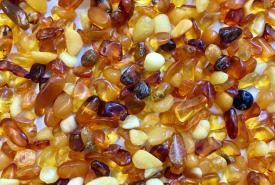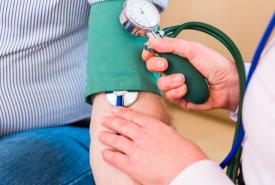NIH begins study of allergic reactions to Moderna, Pfizer-BioNTech COVID-19 vaccines
A clinical trial is underway to determine whether people who are highly allergic or have a mast cell disorder are at increased risk for an immediate, systemic allergic reaction to the Moderna or Pfizer-BioNTech COVID-19 vaccines. A systemic allergic reaction to a vaccine occurs in one or more parts of the body beyond the injection site.


















